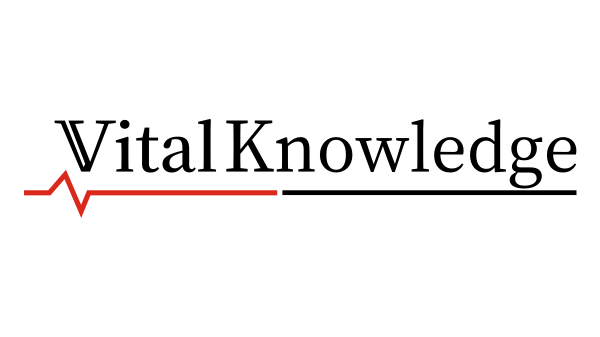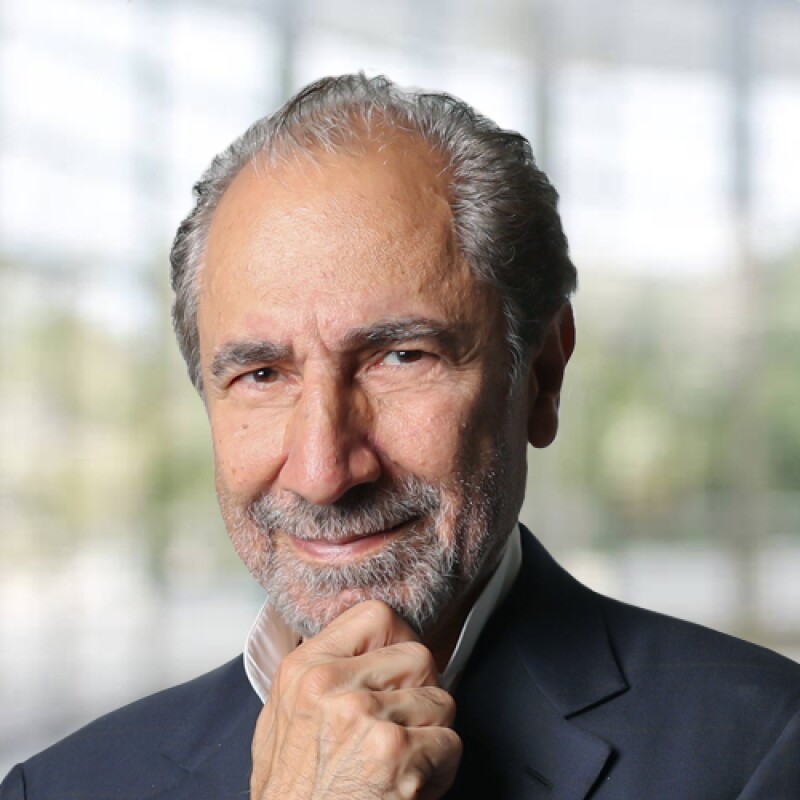The ongoing struggle for timely and effective cancer treatments has prompted calls for the Food and Drug Administration (FDA) to adapt more rapidly to advancements in medical science. Patients and their families are often left in desperate situations, hindered by bureaucratic delays that can mean the difference between life and death.
Garo Armen, chairman and CEO of Agenus Inc., shared a poignant example from his experience in the cancer treatment field. He recounted a recent phone call from the parents of a 21-year-old woman from Italy diagnosed with colon cancer, a condition increasingly prevalent among younger individuals. They sought access to a specific immunotherapy combination that Agenus is developing. After significant delays, the patient finally began treatment and is currently alive, illustrating both the potential of innovative therapies and the hurdles posed by regulatory processes.
Growing Concerns Over Cancer Rates
The rising incidence of cancer among younger generations is alarming. According to Armen, cancer death rates have decreased by nearly one-third in the past three decades, largely due to reductions in smoking. However, the reality is stark: many cancers are becoming more common, especially among younger populations. Children today are now twice as likely to develop gastrointestinal cancers compared to previous generations. Moreover, colorectal cancer is projected to become the leading cause of cancer deaths for Americans under 50 within the next five years.
This trend presents a significant challenge for health authorities, emphasizing the urgent need for the FDA to adapt its regulatory framework to match the evolving landscape of cancer treatments. The standard approaches of chemotherapy, radiation, and surgery have remained largely unchanged since the 1980s, often resulting in devastating side effects with limited survival benefits.
Call for Innovative Treatments
Armen, whose own experience with cancer treatment began in the 1970s when he lost his mother to breast cancer, argues that the medical community must do better than traditional methods of cutting, burning, and poisoning. He emphasizes the importance of developing less toxic therapies that can effectively treat cancer without the severe side effects associated with conventional treatments.
The appointment of Marty Makary as the new FDA commissioner raised hopes among researchers and patients alike. Makary has previously focused on addressing health issues related to unhealthy, ultraprocessed foods, but the pressing cancer crisis requires immediate attention. With a new generation of immunotherapies on the horizon, there is potential for transformative change in how cancer is treated.
Armen envisions a future where cancer care relies on harnessing the power of the immune system rather than invasive procedures. However, he warns that this future is contingent upon the FDA’s ability to keep pace with scientific advancements. “Americans deserve an FDA that delivers on promises to accelerate innovation,” Armen stated, underscoring the critical need for regulatory processes that support rather than hinder progress.
In conclusion, as the number of young cancer patients rises, the FDA faces increasing pressure to evolve its approach to treatment approvals. The lives of countless individuals may depend on the agency’s willingness to adapt and embrace the advancements in cancer research that could change the landscape of care for future generations.








































































